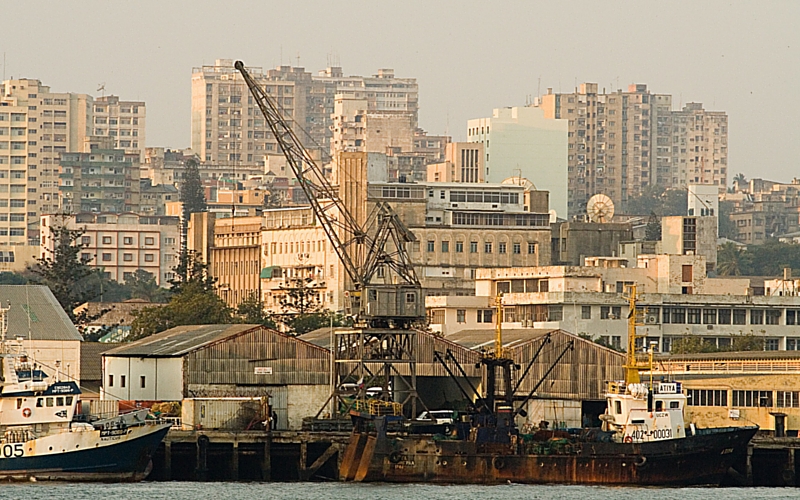
His successor, Joaquim Chissano, continued the reforms and began peace talks with Renamo. The new constitution enacted in 1990 provided for a multi-party political system, market-based economy, and free elections. The civil war ended in October 1992 with the Rome General Peace Accords. Under supervision of the ONUMOZ peacekeeping force of the United Nations, peace returned to Mozambique.
By mid-1995, the more than 1.7 million Mozambican refugees who had sought asylum in neighboring Malawi, Zimbabwe, Swaziland, Zambia, Tanzania, and South Africa as a result of war and drought had returned, as part of the largest repatriation witnessed in Sub-Saharan Africa. Additionally, a further estimated 4 million internally displaced people returned to their areas of origin. Despite the interference of the South African apartheid government in the affairs of Mozambique by funding Renamo bandits, Mozambique is still on a path to prosperity that has even attracted some former Portuguese colonialists who fled Portugal after the 2009 financial crisis.

THE PORTUGUESE AT INDEPENDENCE
When Mozambique received its independence in 1975 from the Portuguese it was supposed to be a joyous time but it was not entirely. The people were happy to obtain political freedom but the Portuguese of course were not so happy because they were losing some of their power. The Portuguese who were living in Mozambique decided to destroy all the infrastructure they has built as a form of retaliation towards the Africans seeking independence. In addition it is believed that Portugal also sought reparations from the new country for the investments they had made prior to independence. The economy in Mozambique is expected to grow by about 7% a much better prospect for the Portuguese. While Africans welcome globalization and it impact on the labor force we are also cautiously optimistic about the return of the same people who sought to destroy Mozambique only a few years ago.

When the Portuguese left in 1975 they destroyed the plumbing and sewage system by pouring cement down pipes and removing doors and hinges from buildings, all in a bid to cripple the African people. Destruction of this infrastructure has cost Mozambique a great deal over the years. Mozambique is emerging as a popular tourist destination as people are drawn to their beautiful beaches and tropical weather infused with a rich culture.





